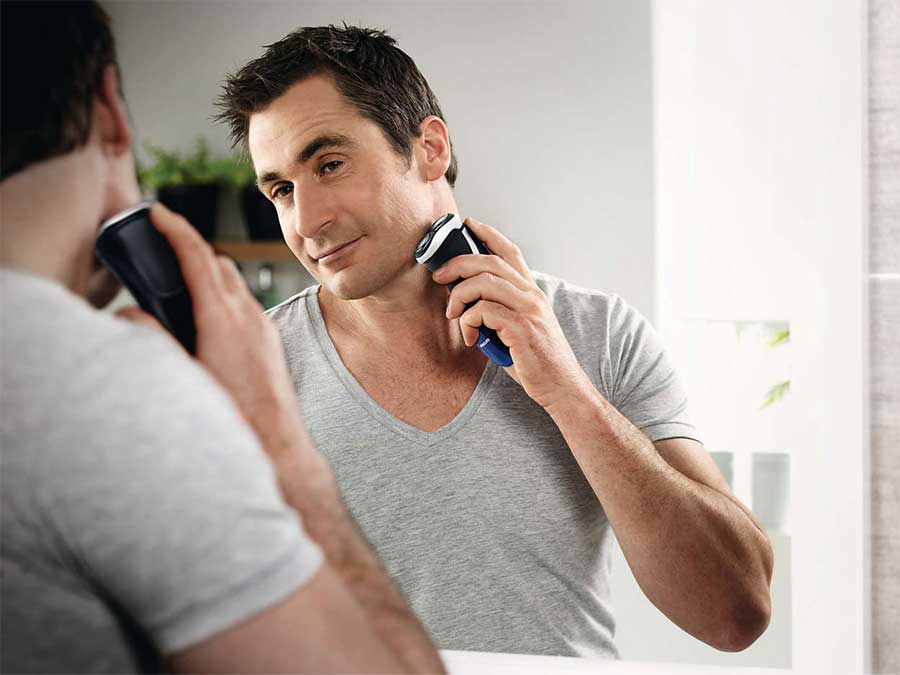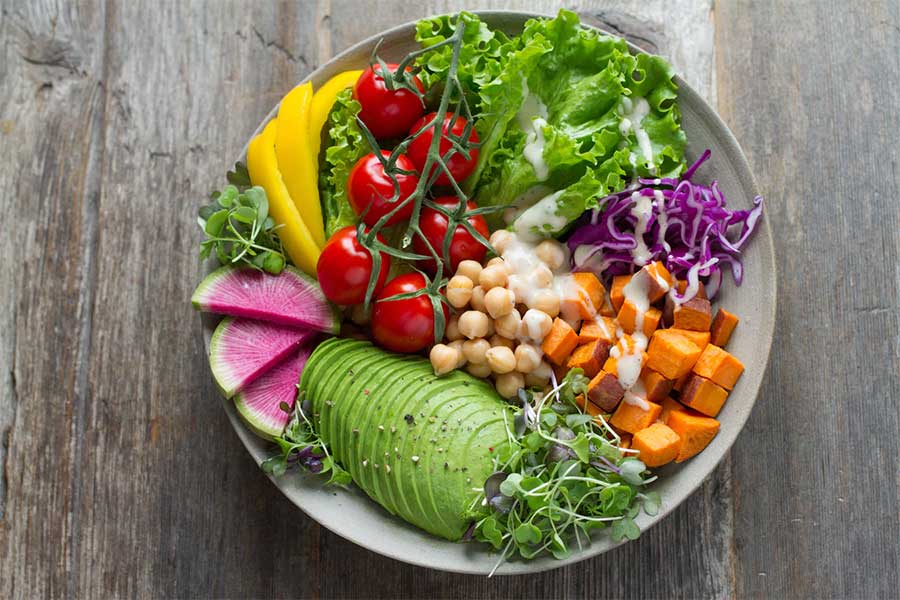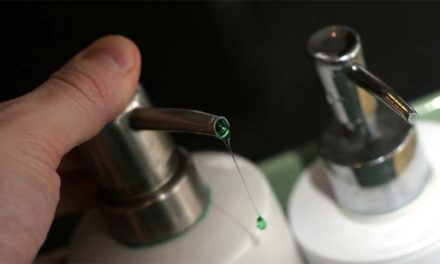Acne is more common in adolescence and early childhood, but it can develop well into your 30s, 40s, and 50s. Women experience acne at higher rates than men. However, men have worse outbreaks than women. At some point in your life, you’ll have some acne. Pimples will make an unexpected appearance. Many things can cause your skin to freak out. What do you do when your face forgets that you’re not a teenager anymore? If you want to get clear skin and prevent acne, keep on reading to find out what to do.
1. Resist the temptation of touching your face too often
We touch our faces more frequently than we wash our hands. As a rule, people touch their faces 15.7 times per hour. Face-touching is one of the most common habits there is, whether it’s brushing the teeth or styling your hair, so don’t feel guilty if you do it. You need to give up this negative habit if you want your skin to be as healthy as possible. Roughly 1,500 bacteria live on each square foot centimetre of the skin on your hands. Underneath the fingernails and between the fingers, you’re likely to find even more germs.
As you go through your day, your hands come in contact with various contaminated surfaces. And then you rub your eyes or wipe your forehead. You unconsciously infect yourself with bacteria by touching your face. Use a tissue to scratch an itch on your face. Try to keep your hands in your pockets so that you don’t touch your face. Keeping your hands occupied with a stress ball or any other object. You’ll want to ask a friend or a loved one to draw your attention when they notice you touch your face because you don’t realize you’ve been doing it.
2. Get some shuteye
Sleep deprivation leads to higher levels of cortisol during the day it triggers dermatitis. You wake up with an inflamed pimple on your face. There’s no better time than now to focus on getting a good night’s sleep. It’s recommended to sleep in a cool room because warm temperatures determine the pores to contract and expand. If sweat manages to get in, the pores become clogged and prone to blackheads or breakouts. Sleeping in a cooler room will improve your sleep quality and might possibly help you combat insomnia.
Make sure to change your sheets more often. If they’re covered in germs, your chances of developing acne increase considerably. Don’t go several weeks without changing the bed linens. Changing the sheets every day involves a little bit of work, but it’s worth it because you have a clean environment. At night, dirt and oil are transferred from the skin to your sheets. As you toss and turn, you create friction and, since the bed linen is dirty, an acne breakout is bound to happen. Wash the sheets and other bedding in hot water. Ironing is also recommended.
3. Shave right. Shave smart
Shaving per se doesn’t cause acne. However, if you’re already struggling with acne, it’s important to make your skin feel comfortable while removing unwanted hair. After seven uses or so, it’s a good idea to replace your razor. Not only will the blades be too weak to battle the strands of hair but also the space between the blades is a breeding ground for bacteria. An old razor and irritated skin are a deadly combination. There will be more tears in your skin, so the risk of infection increases. The point is that you shouldn’t reuse the same razor too many times.
Use a shaving gel or foam for acne after shaving. This way, you can reduce irritation and lessen the potential damage to your skin. If you get pimples right after shaving, hormones aren’t to blame. A higher-quality shaving gel or foam is a little bit pricier, but the small investment is completely worthwhile. If you want clear, acne-free skin, use an aftershave too. An alcohol-based aftershave eliminates the bacteria that builds up in the skin, which contributes to the infection in the pimples. Splash a little bit of aftershave on your skin.

4. Clear your skin of acne with CBD
CBD, or cannabidiol, has anti-inflammatory effects and regulates the oil-producing glands, preventing the follicles from becoming clogged by oil. You don’t run into problems like breakouts. They become smaller and, eventually, disappear altogether. What is more, the scars from previous blemishes tend to fade away. Cannabidiol should become part of your anti-acne skincare routine. You’ll notice a visible improvement in your complexion almost right away. Don’t focus so much on the end result, and far more on the process – daily care and consistency lead to life-changing results.
There are so many CBD products available that you might get overwhelmed. Oils remain the most common form of consumption because they augment the number of active ingredients extracted from cannabidiol. The best Delta 8 vape cartridges enable you to benefit from the advantages associated with cannabidiol. As long as it’s extracted within normal parameters, CBD does have benefits for the skin. If you prefer natural skincare products, one solution might be to try CBD. Continue to use your treatment even after your skin has cleared up.
5. Watch your diet
Chances are that you don’t pay too much attention to what, how, why, and where you eat. In other words, you don’t practice mindful eating. That’s too bad because there’s a strong relationship between diet and acne. High sugar foods and drinks (pastries, desserts, sodas, etc.) can trigger acne breakouts because they determine the pancreas to release insulin, which contributes to acne development by making skin cells grow faster and increasing sebum production. You should be eating fresh fruits and salads. Avoid foods that raise your blood sugar, such as pasta, white bread, and rice.
Greasy foods can cause acne too, although there’s no medical evidence to confirm this idea. If you eat pizza or hamburgers, you’re not doing yourself any favour. They’re not healthy foods. Even if greasy foods don’t destroy your complexion, they don’t make you feel better either. You should ban fried foods from your diet and focus more on your wellbeing. Besides weight gain, you risk diabetes, heart disease, and impaired brain function.
















